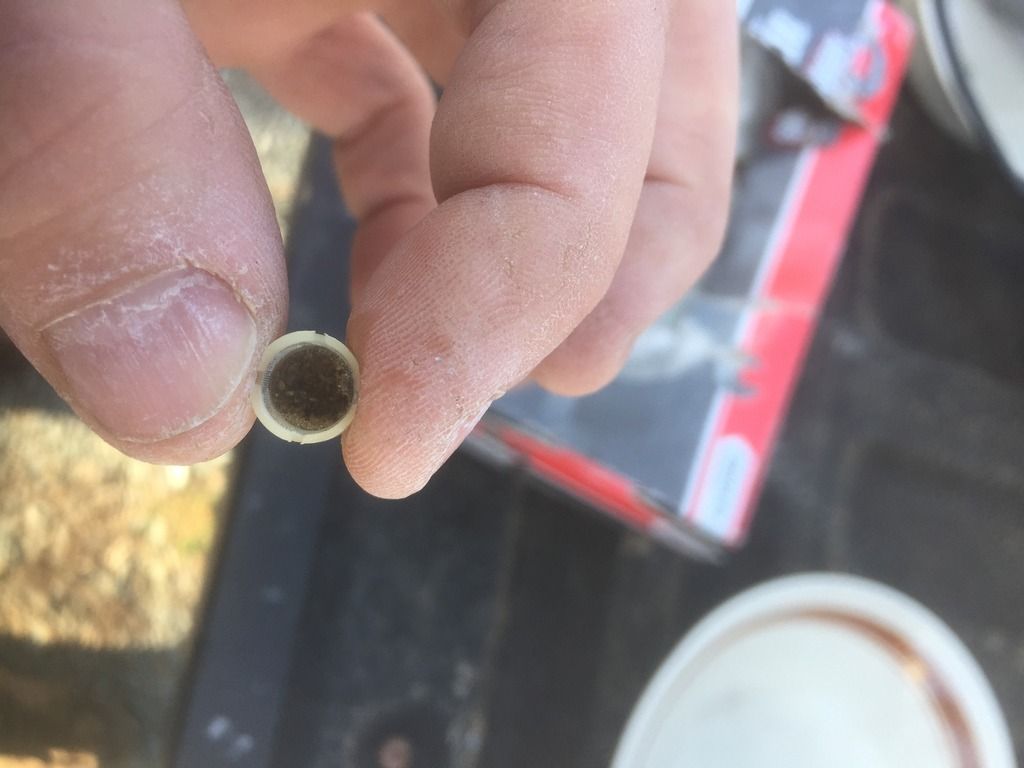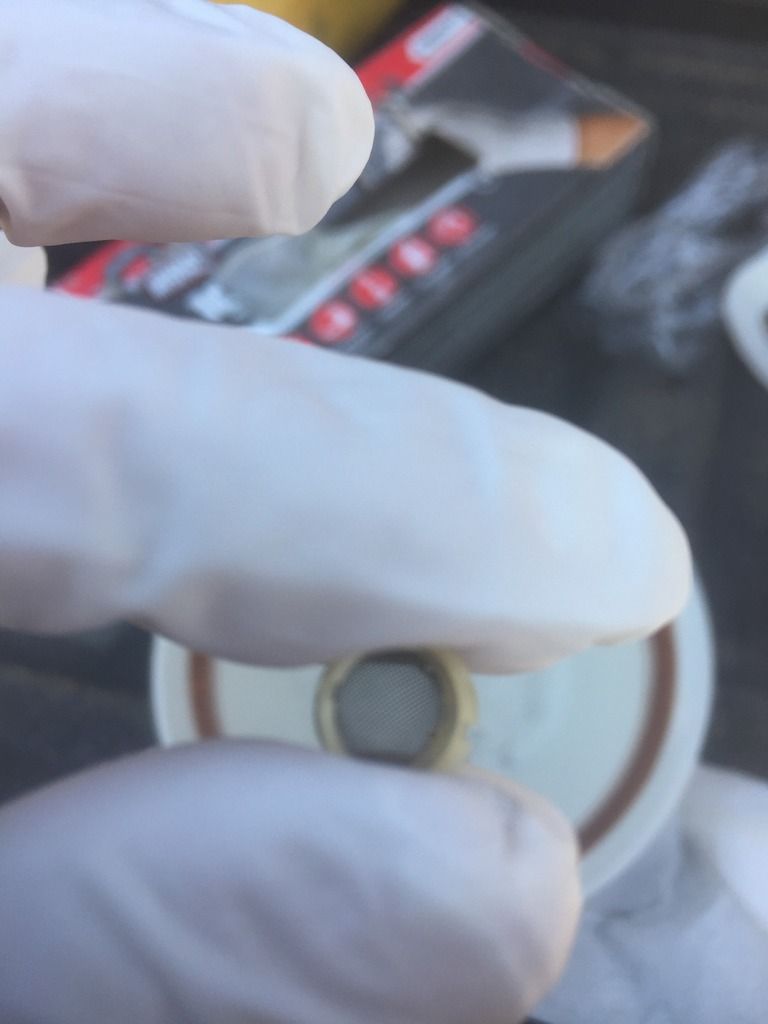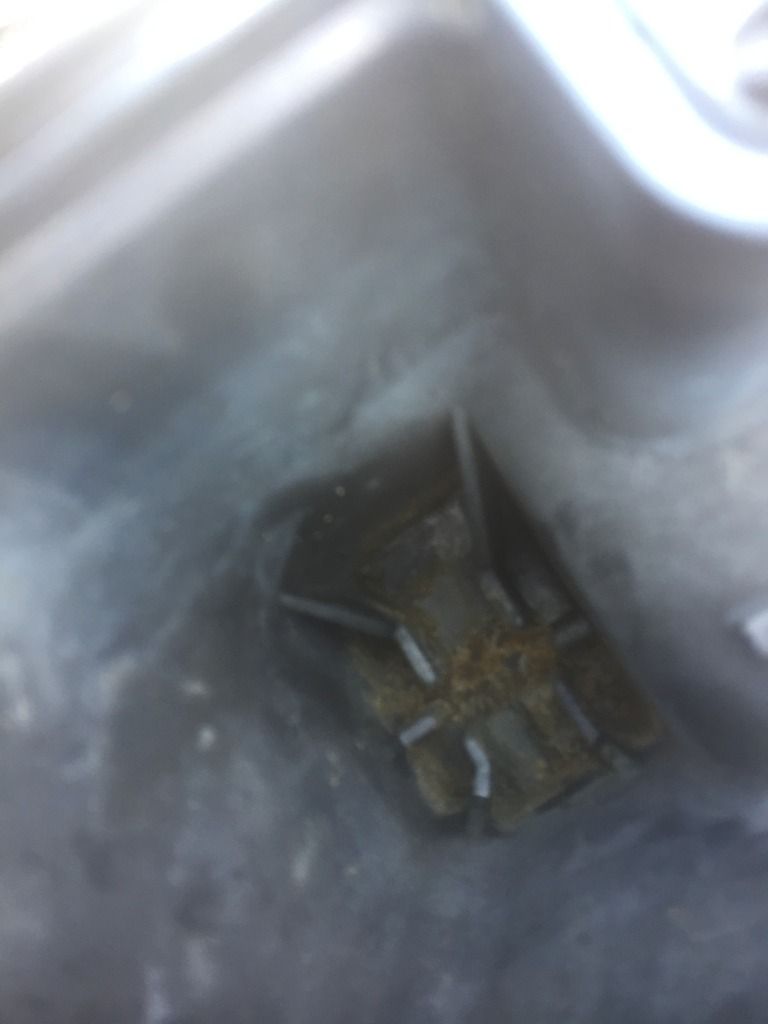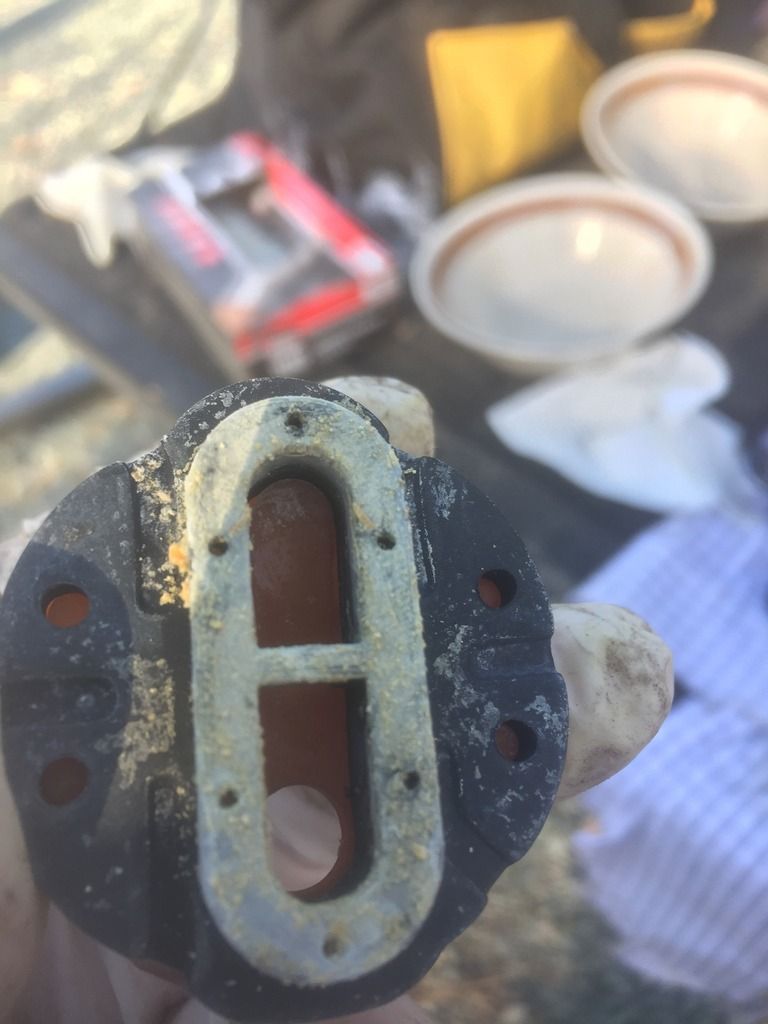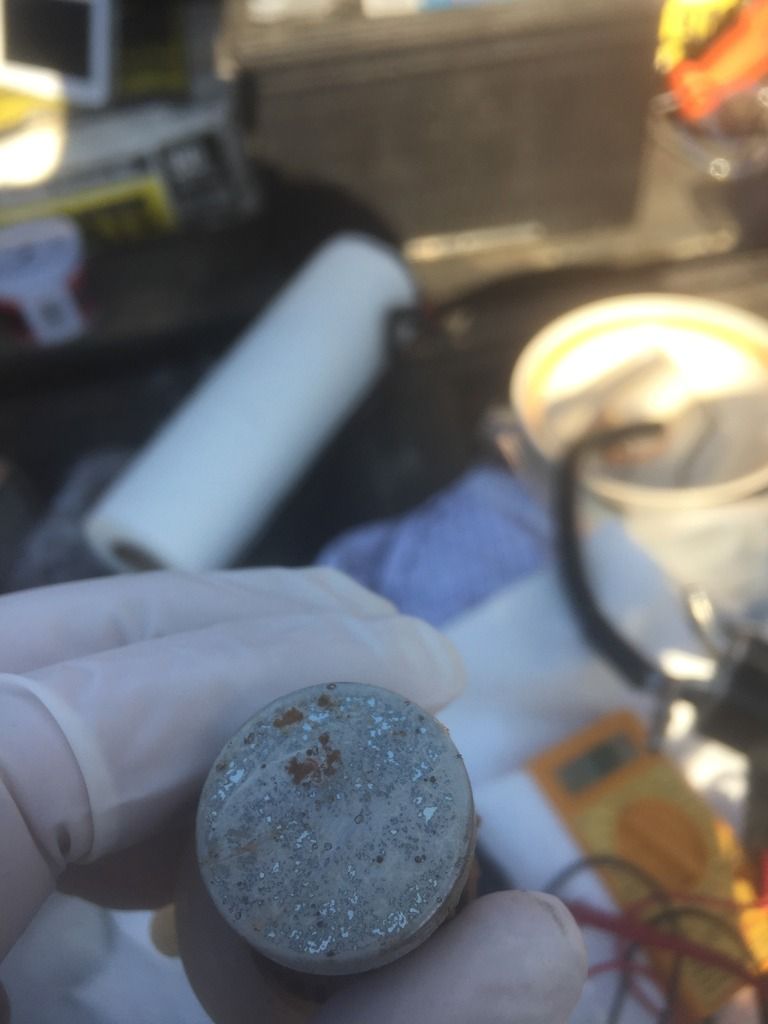'07 60hp EFI
Had the boat on the trailer and was just letting the jet motor warm up and it started acting like this a minute or two after starting. Very strange. It has done it before, but always seems to be at idle just a few minutes after starting. This is on a cold morning (28 degrees) but I have had it happen warmer. Note that the engine runs strong, has great compression, and is not setting off any alarms. It runs real strong mid range and WOT and has never shown any other signs of issues that I know of. After running it will idle perfectly. I have never had this rough/strange idle when the motor is good and warm. It also sometimes takes 2-3 times to get it to start.
https://www.youtube.com/watch?v=L2sPIvY1bn8
And this is how it normally sounds:
https://www.youtube.com/watch?v=vMnzBAsZfjk
Had the boat on the trailer and was just letting the jet motor warm up and it started acting like this a minute or two after starting. Very strange. It has done it before, but always seems to be at idle just a few minutes after starting. This is on a cold morning (28 degrees) but I have had it happen warmer. Note that the engine runs strong, has great compression, and is not setting off any alarms. It runs real strong mid range and WOT and has never shown any other signs of issues that I know of. After running it will idle perfectly. I have never had this rough/strange idle when the motor is good and warm. It also sometimes takes 2-3 times to get it to start.
https://www.youtube.com/watch?v=L2sPIvY1bn8
And this is how it normally sounds:
https://www.youtube.com/watch?v=vMnzBAsZfjk


